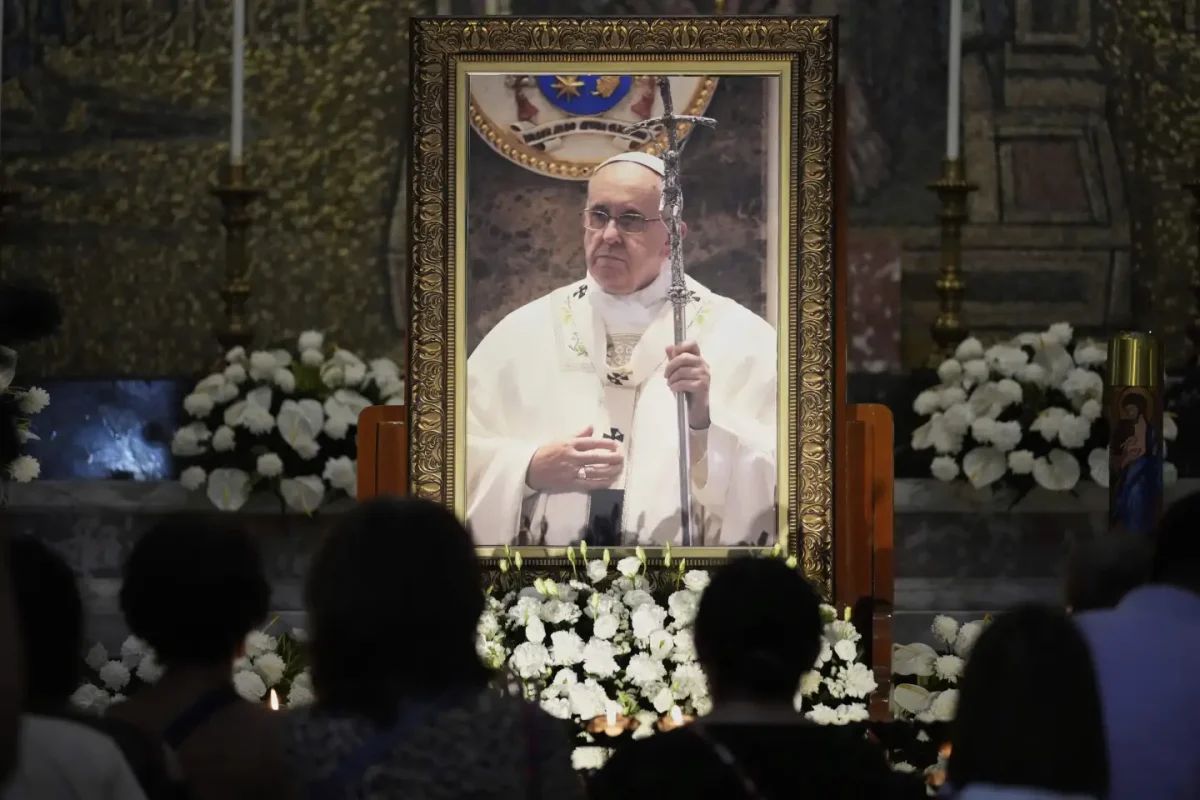In America, a judge can cut a sexual assault perpetrator’s sentence in half, a former grand wizard can run for Senate and roughly 15 million children can live in poverty with almost no outcry from the public.
But God forbid a football player sit down for the national anthem.
In case anyone isn’t aware, San Francisco 49ers quarterback Colin Kaepernick refused to stand for the National Anthem before a game. He’s protesting the anthem because he said he does not want to show pride for a country that oppresses blacks and other racial minorities.
History seems to back his case. Our national anthem has an extra verse in it that we don’t usually sing anymore:
“No refuge could save the hireling and slave
From the terror of flight or the gloom of the grave,
And the star-spangled banner in triumph doth wave
O’er the land of the free and the home of the brave.”
Time for a crash-course history lesson. The Star-Spangled Banner was written during the War of 1812, according to Snopes, the fact-checking website. Some slaves fought for the British in exchange for their freedom, and those lines mentioned above in our national anthem glorify the fact that Americans defeated and potentially killed the slaves who fought for the British.
Our national anthem is rooted in racism. Context matters, and meaning changes over time, but this further highlights our systemic racism.
I’m not interested in spending this whole article arguing about whether racism is still prevalent or if white Americans have more advantages than African Americans. If you don’t agree with me at this point, you either live under a rock, or you do not understand systemic oppression. In which case, you should probably take advantage of being in Louisiana’s largest intellectual hub and talk to a sociology professor in your spare time.
Instead, I want to talk about empathy.
A few weeks ago, south Louisiana experienced one of its worst natural disasters in recent history. Thousands of homes flooded, and some people lost everything. We didn’t blame families for not having flood insurance or for living in an area of the country prone to flooding. We didn’t hoard our own goods, leaving our neighbors to fend for themselves.
We donated. We volunteered. We helped our neighbors because, even though our homes were fine, we empathized with their situation.
If we can empathize with people who lose their homes, then we should be able to feel for people who go through systemic oppression.
Instead of writing Kaepernick off as an anti-American terrorist, listen to what he’s saying. Our country is supposed to be the beacon of freedom and hope, and patriotism is instilled deep in our culture. Someone isn’t going to disavow the National Anthem or American flag lightly.
His experiences are valid, and we need to take time to listen to others more than we speak. We need to put ourselves in other people’s shoes, and we need to understand that our own experiences in America might not be the same as others.
Cody Sibley is a 20-year-old mass communication junior from Opelousas, Louisiana.
OPINION: Kaepernick’s actions highlights need for empathy
By Cody Sibley
September 5, 2016





